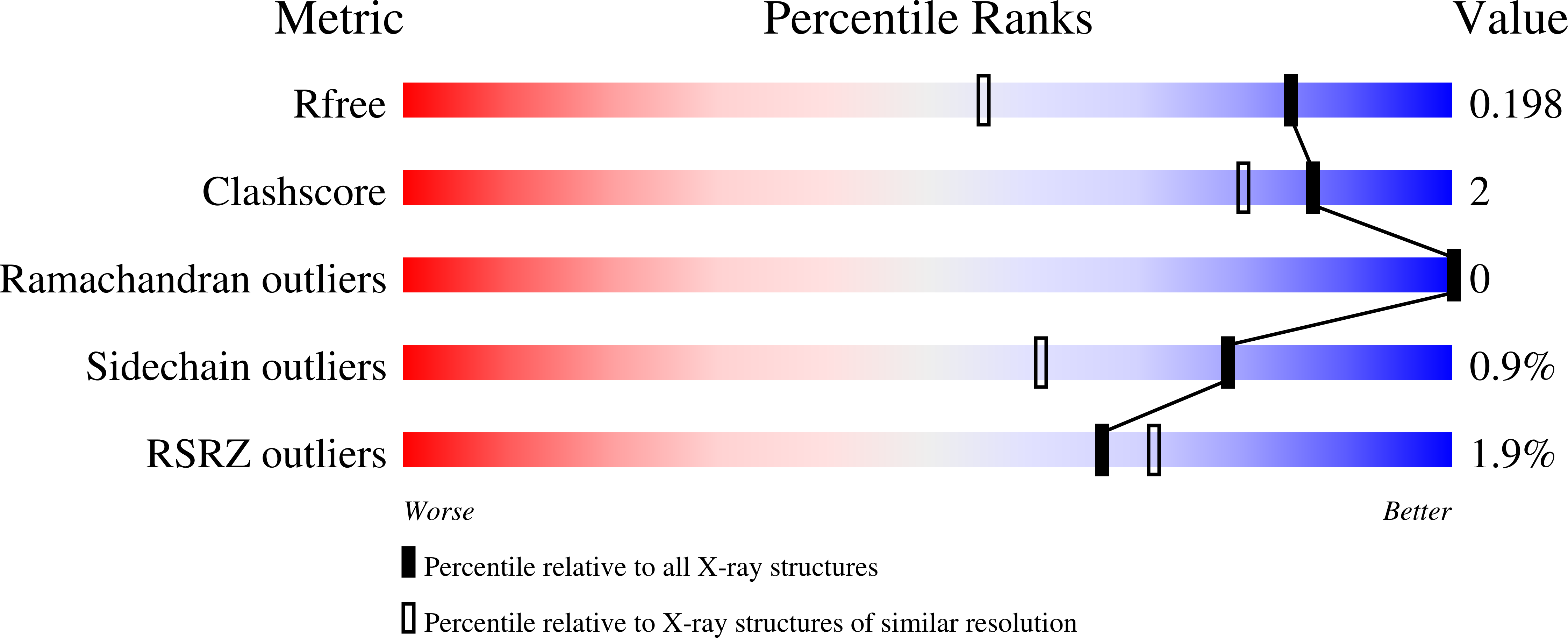
Deposition Date
2022-12-21
Release Date
2023-03-01
Last Version Date
2024-05-22
Entry Detail
PDB ID:
8FLL
Keywords:
Title:
Crystal structure of BTK kinase domain in complex with pirtobrutinib
Biological Source:
Source Organism(s):
Homo sapiens (Taxon ID: 9606)
Expression System(s):
Method Details:
Experimental Method:
Resolution:
1.50 Å
R-Value Free:
0.20
R-Value Work:
0.18
R-Value Observed:
0.18
Space Group:
P 21 21 21


